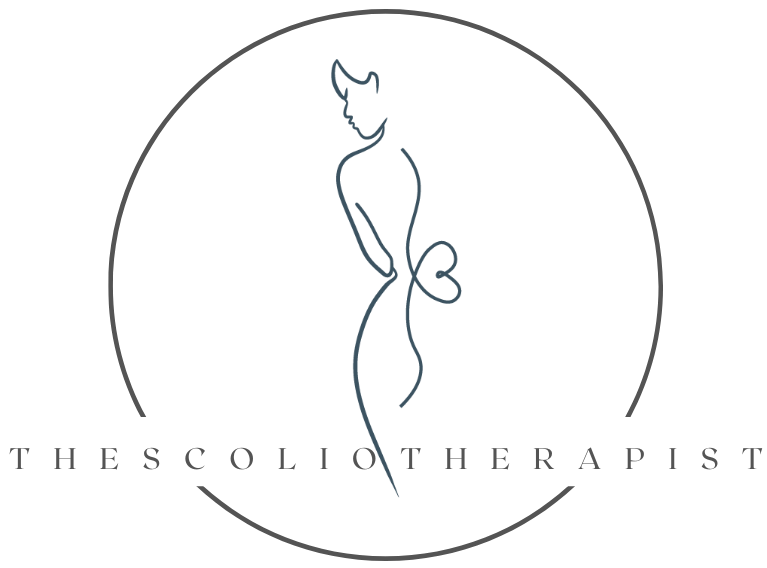The Value of a Scoliosis Community
Do you have a scoliosis support group? When we talk about scoliosis, the focus is often on finding treatment options or healthcare specialists to address the physical symptoms of your curve. But moral support is just as important — it’s crucial to have a scoliosis community where you feel welcomed and understood.
So today, I’m talking about why a scoliosis group is so valuable. I’ll also give you some tips on finding the right group of people who can give you the support and encouragement you need.
Why It’s Important to Have a Scoliosis Support Group
One thing I often hear from my clients is how alone they feel in their scoliosis journey. They don’t know anyone else who has scoliosis, so they don’t have anyone they can talk to who truly understands what it’s like to live with this condition.
It can be very isolating, and when you feel that way, it’s easy to try to ignore your condition. It’s tempting to think that the solution to feeling connected with others is to just pretend that everything is OK and to downplay the challenges of living with scoliosis.
But the real key to feeling supported and encouraged is finding a scoliosis community — having the opportunity to interact and commiserate with others who also experience the challenges of living with scoliosis. When you’re in that environment, it’s much easier to be vulnerable and share your struggles, which is the first step toward finding ways to overcome them.
One-on-One vs. Small-Group Treatment for Scoliosis
When I first started working with scoliosis patients, I only offered one-on-one sessions. But after a while, I could see all the potential benefits of small-group coaching, and I started facilitating that as well.
With this program, my patients have the chance to learn from others (not just from me) and to feel like they can be open and honest with people who really understand what they’re going through. We can watch each other make progress and hear from people who are at different points in their scoliosis journey. And we can help each other work through common issues that people without scoliosis might not understand:
Feeling afraid to exercise or not knowing where to start
Having trouble shopping for clothes
Wondering how long it will take to see progress after starting treatment
Figuring out how to travel comfortably
I’ve also seen how helpful it can be to have the chance to make light of some of the frustrations that come with scoliosis. Being able to laugh with others can make challenges feel less overwhelming.
Finding Reliable Resources
Another advantage of being part of a scoliosis support group is the chance to get expert opinions and advice. You don’t have to rely on Google or read advice from a random internet commenter whose credentials you can’t verify. Instead, you can ask people you trust about their experience with certain exercises, products, or treatments, and you can feel confident you’re getting answers from people who actually know what they’re talking about.
Come Join My Scoliosis Community
There are countless benefits to being part of a scoliosis support group. My small-group coaching program is called The Scoliosis Strength Collective.
In this group, you’ll learn more about your curve and get safe, effective exercises to support your spine. Plus, you’ll have the opportunity to connect with other people who have scoliosis and learn from their experiences and perspectives. You’ll feel supported and encouraged, and as you continue your scoliosis journey, you’ll get the chance to help others along the way.
If you want to find out more about The Scoliosis Strength Collective or other services that might be a better fit for you, schedule a call with me.
If you enjoyed this episode, please leave a rating and make sure you’re subscribed to the podcast to get every episode when it airs.
